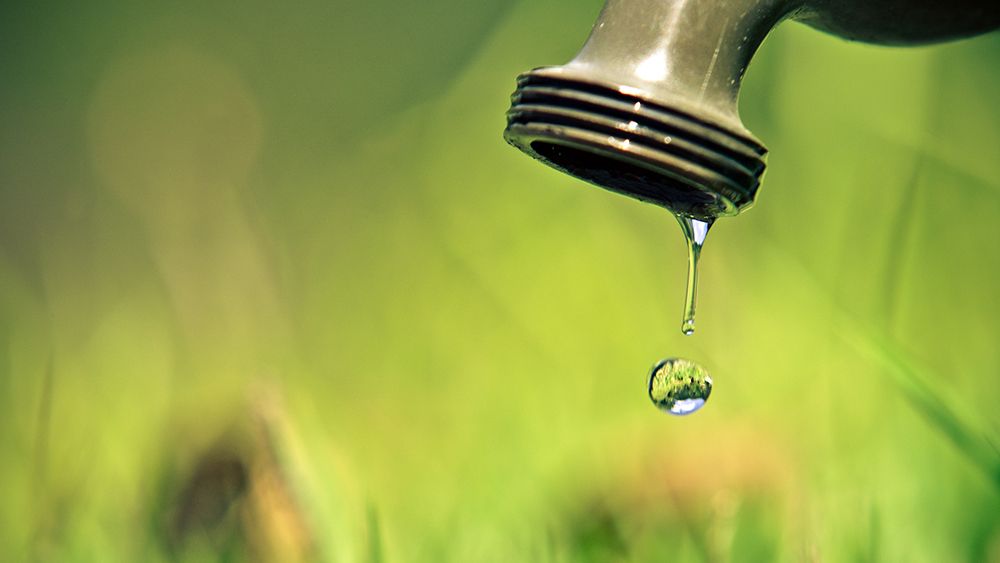OHIO — Ohio’s usual water abundance isn’t enough to overlook the vital practice of ongoing conservation to preserve water supplies, especially during droughts.
According to the National Centers for Environmental Information, southeastern Ohio is currently going through a severe drought. On Sept. 3, 2024, Ohio faced an exceptional drought event, making it the first of its kind in the 25-year U.S. Domestic Market record. The drought has affected 7.4% of the state.
The Columbus Division of Water offers tips on conserving the state’s water supply:
- Plant trees on my property. Helps lower air temperatures and keep water in soil
- Install a high water efficient toilet (or put a bottle of water or displacement bank in the tank)
- Install a rain barrel
- Install rain sensors on any landscaping irrigation system
- Eat vegetarian for two or more days a week
- Install water saving heads on sinks and showers
- Sweep debris from sidewalks and driveways and dispose of it in the trash
- Wash my car over grass or use a commercial car wash
- Run my dishwasher and washing machine only when full
- Turn my yard into an Audubon Certified Backyard Habitat
- Use native plants in my landscaping
- Water my yard no more than once a week (or not at all)
- Use chemical-free yard and home products
- Repair water leaks quickly (or let your landlord know)
- Install a rain garden
- Use a glass or reusable bottle at least twice a week
- Select compost-based mulches (or make your own)
- Pick up litter near my home and along my street before it washes into storm sewers and waterways
- Reduce shower times to 5 minutes or less
- Turn off water while brushing my teeth
- Before I give my pet fresh water, I will water plants with the old
- Pick up and dispose of my pet waste with bio-degradable or reused bags
- Reduce my use of fertilizers, herbicides and pesticides or spot treat only when necessary
- Use the GreenSpot Leave Behind card to encourage eating establishments to join GreenSpot
- Place a cover over your pool to reduce evaporation



